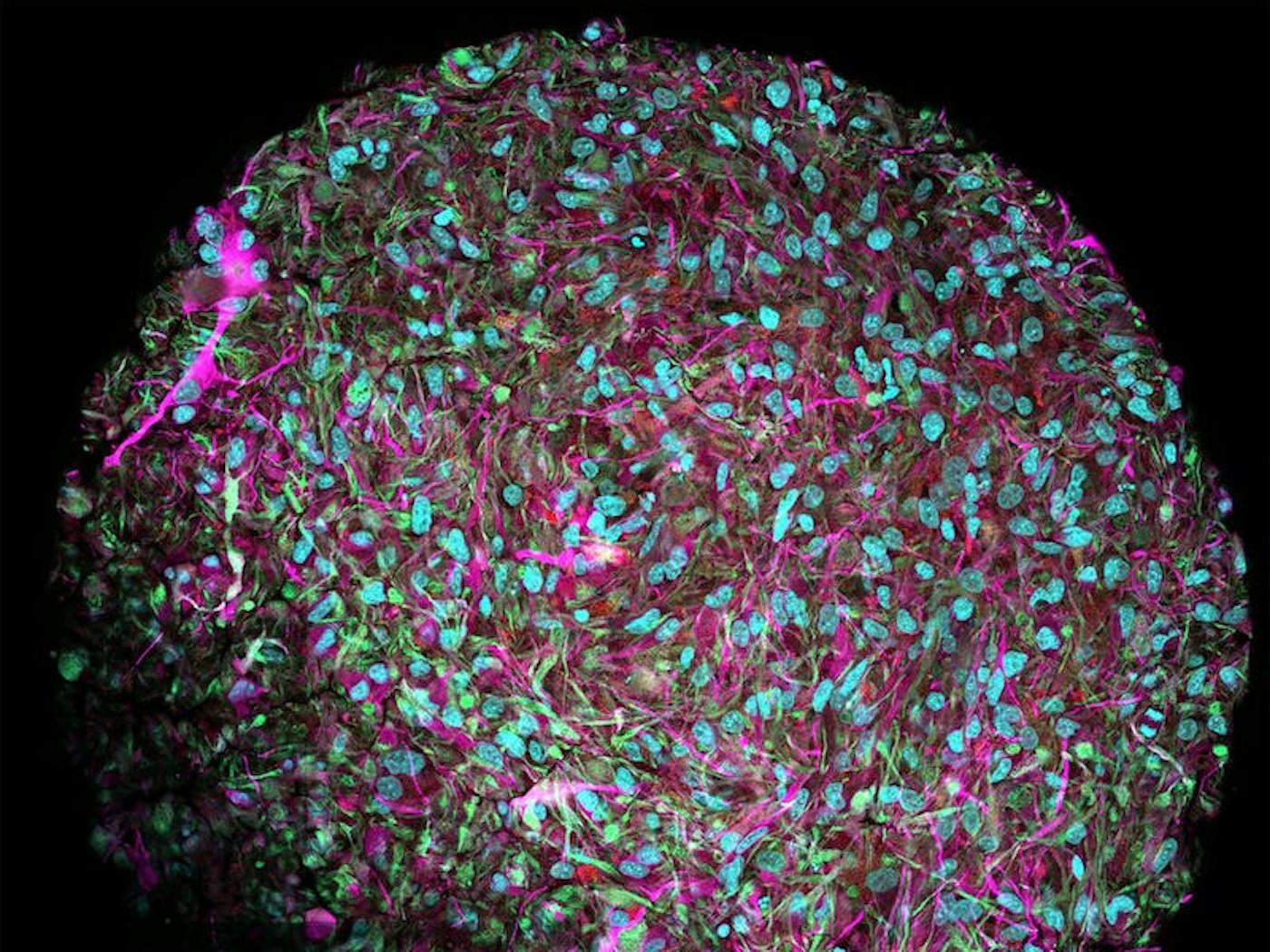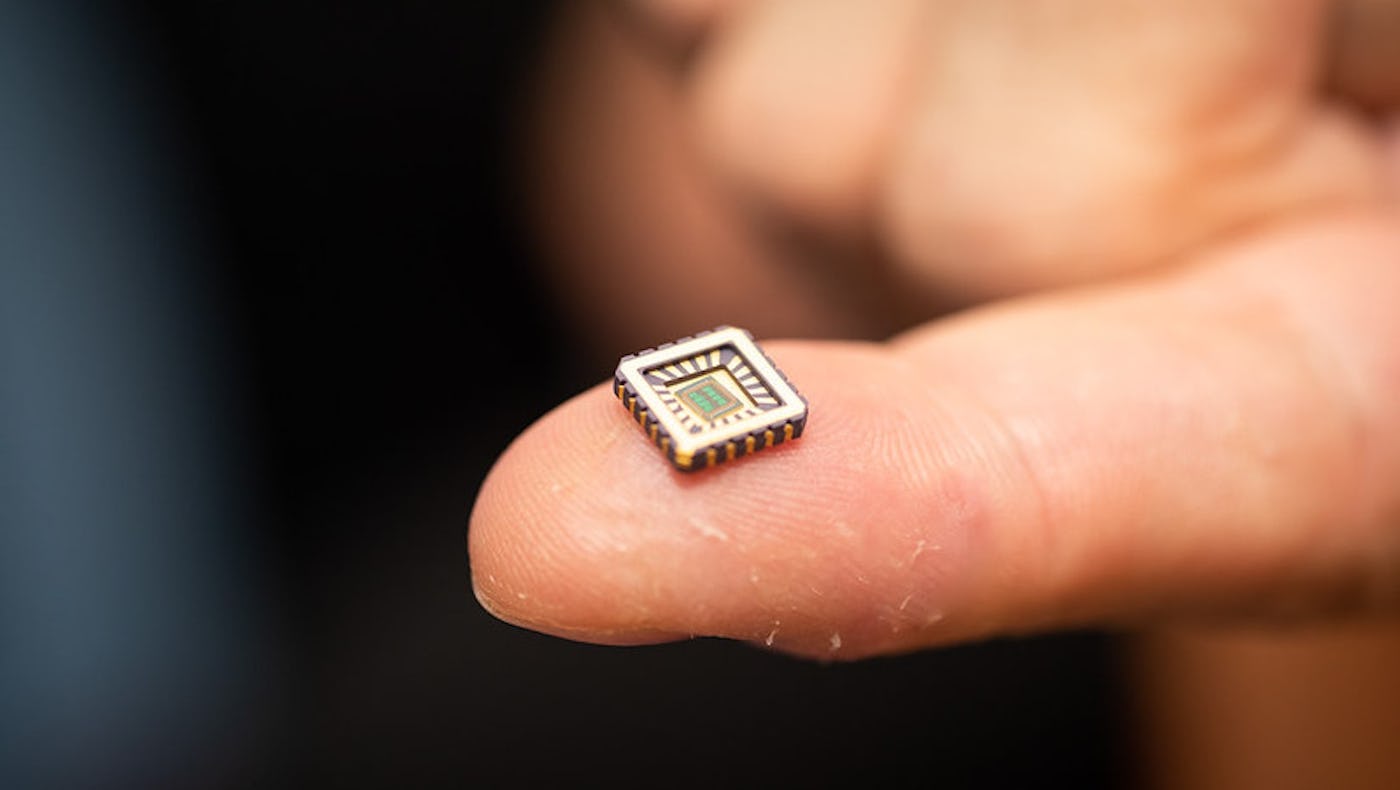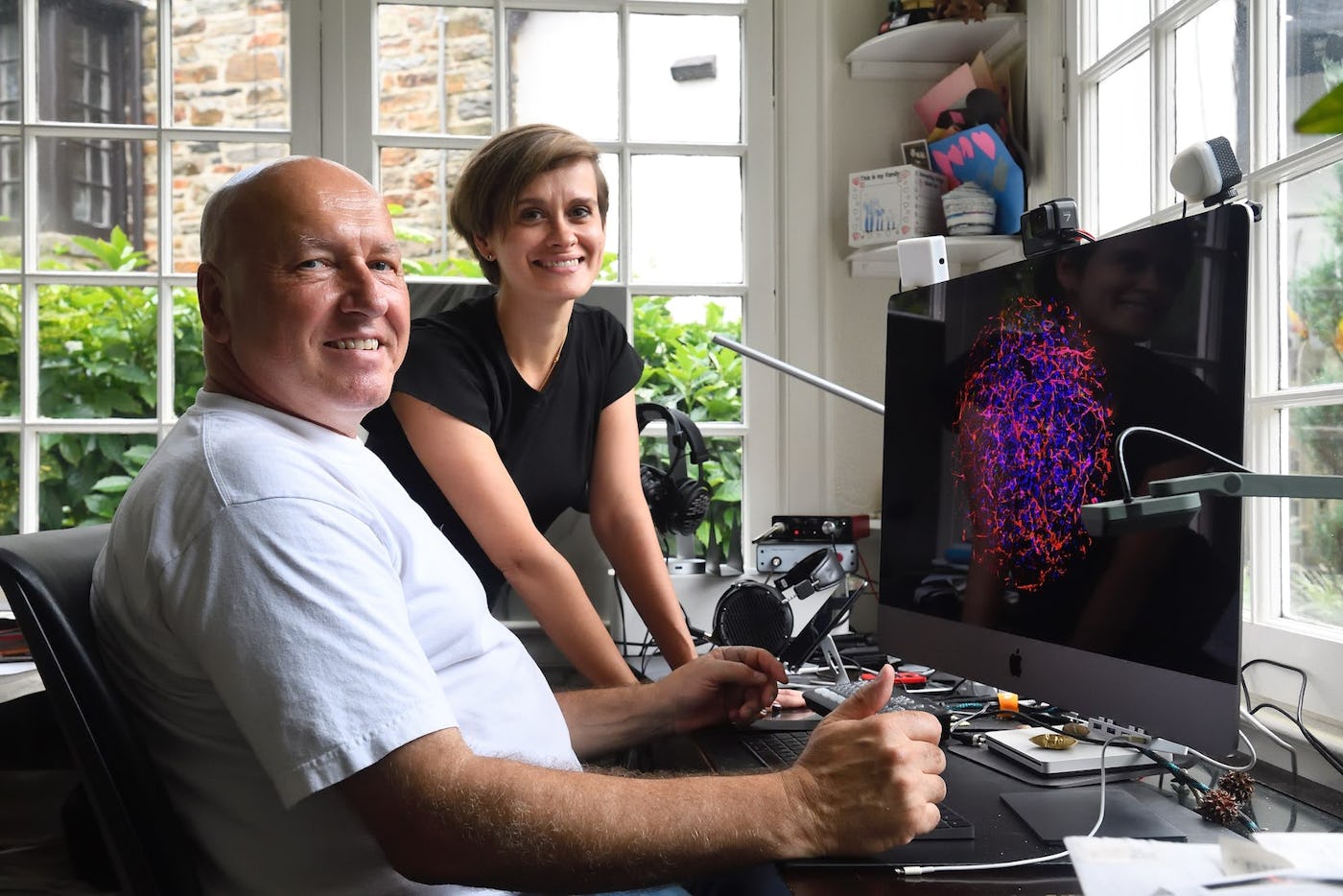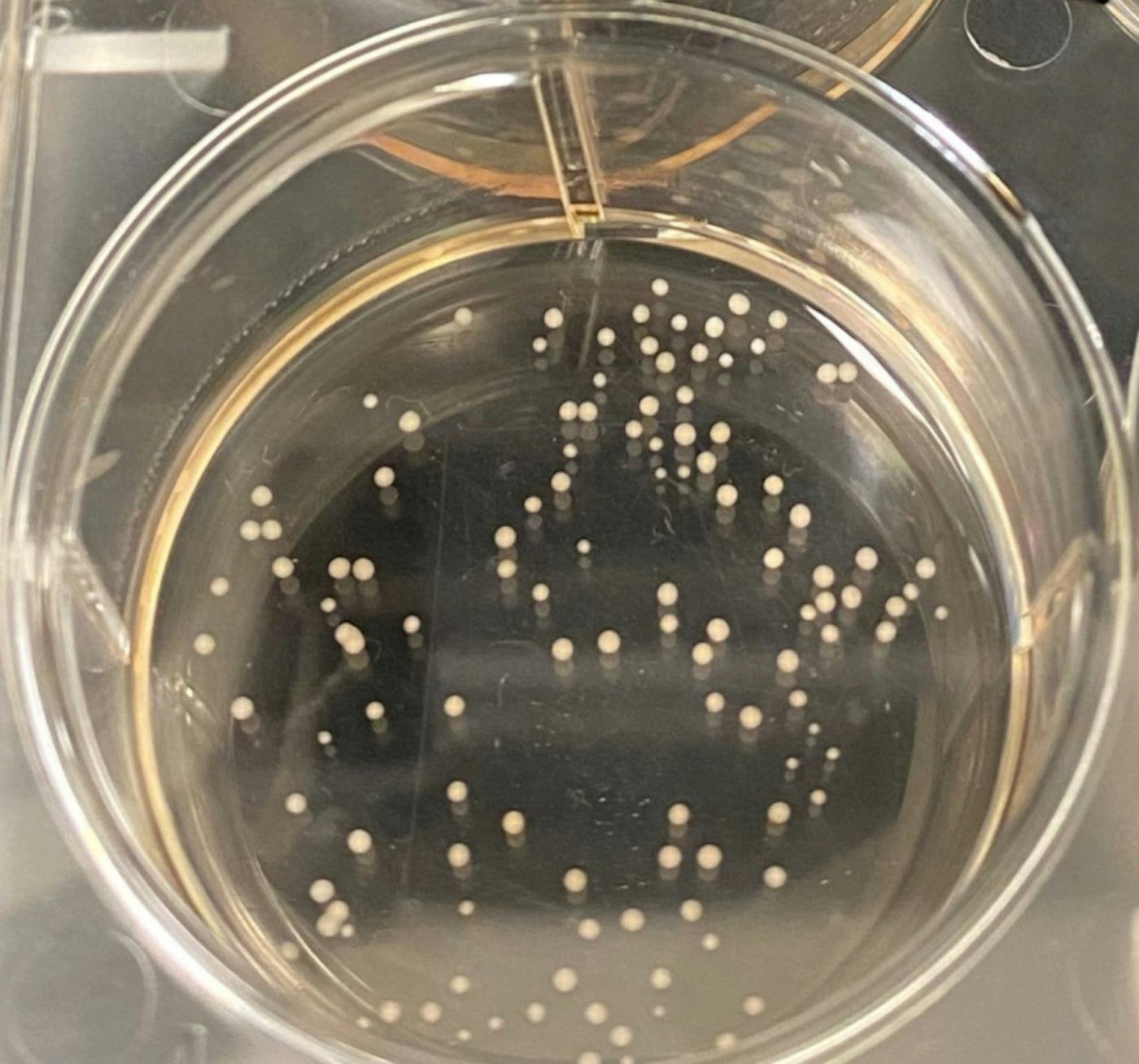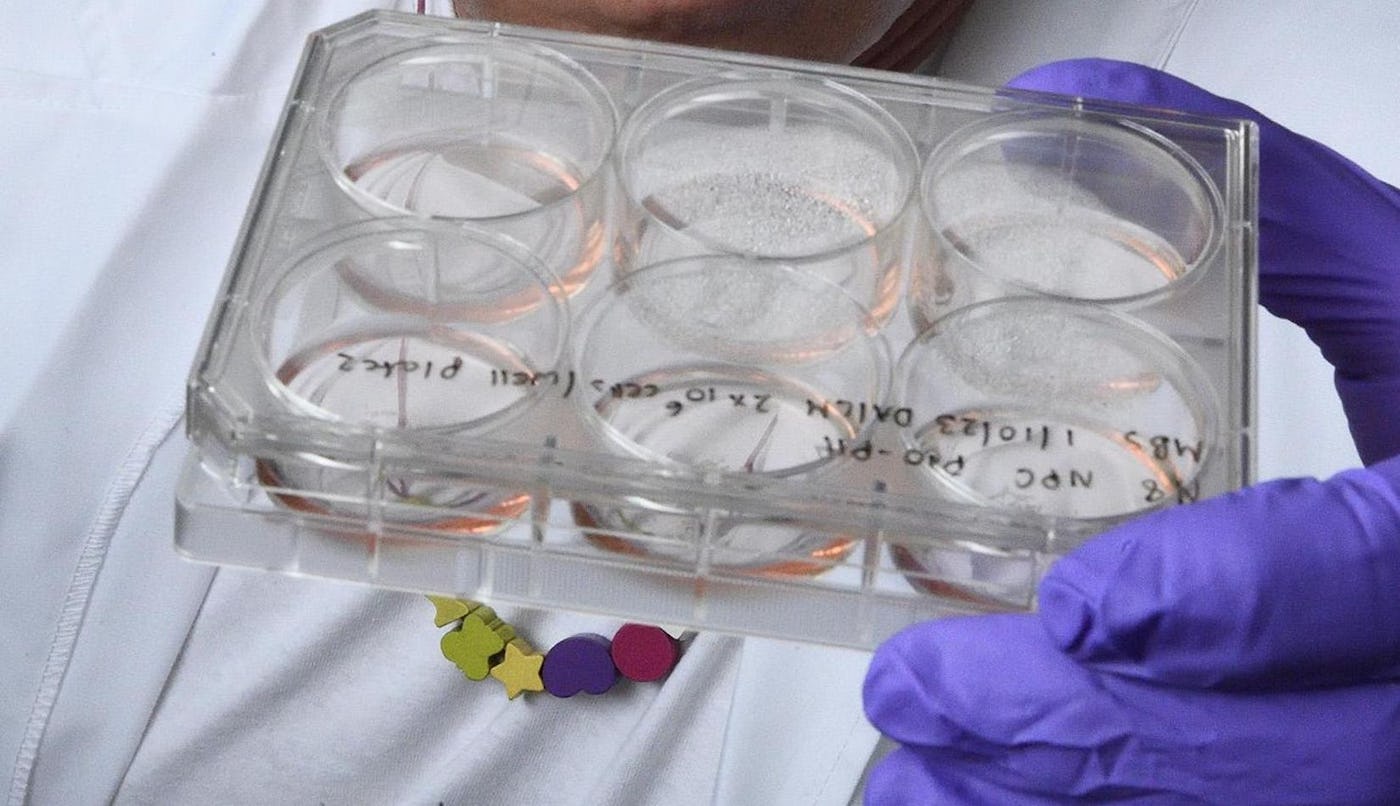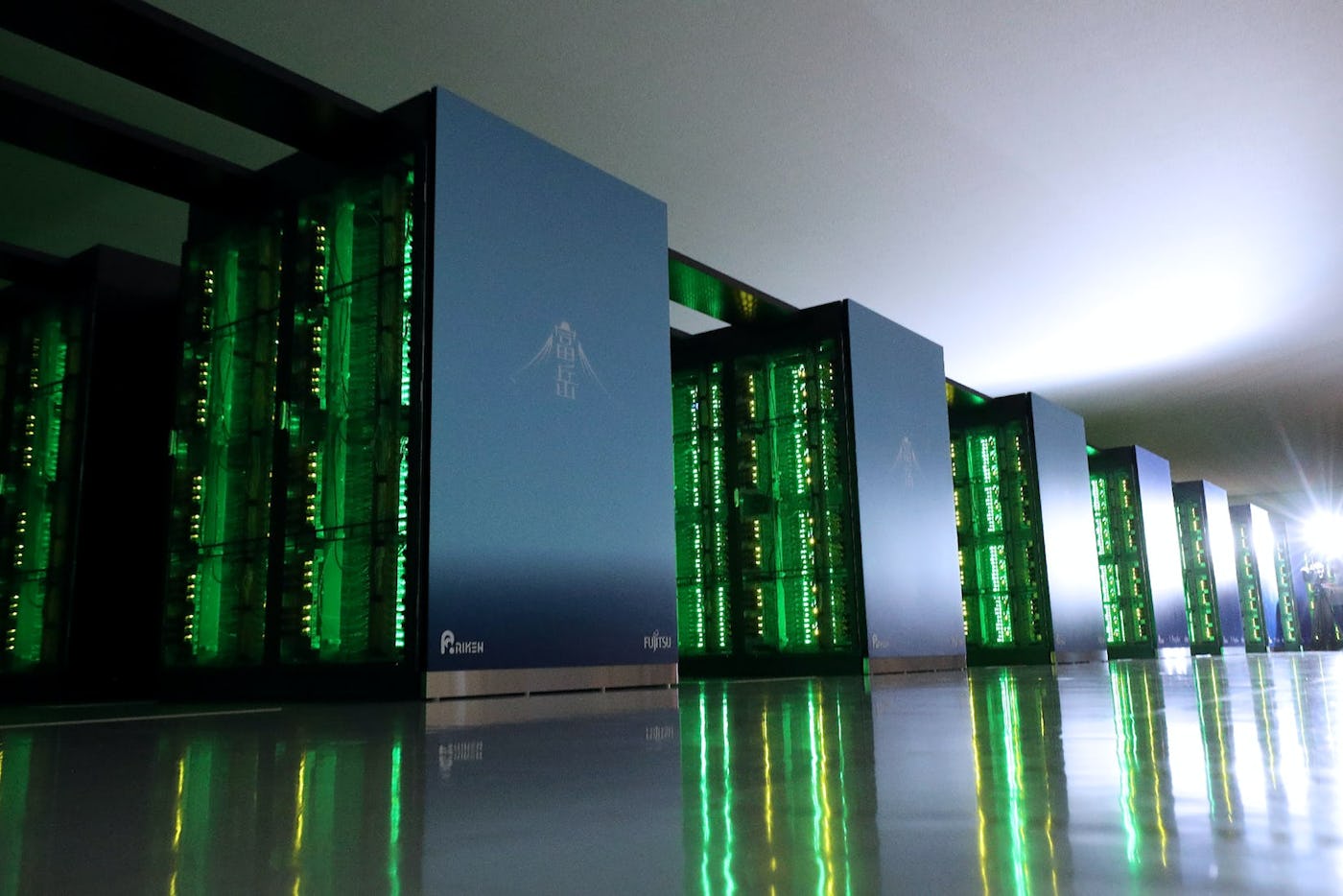⚡️ Future Computers Could Run On Lab-Grown “Brains”
| ||||||||||||||||||||||||||||||||||||||||||||||||||||||||||||||||||||||||||||||||||||||||||||||||||||||||||||||
|
Older messages
💿 9 Actually Useful Accessories Every MacBook Pro Owner Needs
Thursday, March 30, 2023
Plus: 'The Batman 2' adds an underrated villain.
⚔️ Michelle Rodriguez Brings a Battle Ax to a ‘Dungeons & Dragons’ Campaign
Wednesday, March 29, 2023
Plus: 60 years later, Hitchcock's most innovative movie is still shaping Hollywood in one unexpected way.
🍿 How ‘John Wick 4’s Director Channeled Video Games to “Blow People’s Minds”
Tuesday, March 28, 2023
Plus: The Webb Telescope makes a discouraging discovery at TRAPPIST-1.
⚔️ How ‘Dungeons & Dragons’ Defies A Tired Hollywood Trend
Monday, March 27, 2023
Plus: The universal remote is streaming's most tragic casualty.
🧠 Let’s Talk About Differences In Depression
Sunday, March 26, 2023
New research suggests that a deeper understanding of sex differences can lead to better treatments for mental health.
You Might Also Like
AI chatbots keep failing every accuracy test thrown at them
Wednesday, March 12, 2025
PLUS: Why Substack's new subscriber milestone is so significant ͏ ͏ ͏ ͏ ͏ ͏ ͏ ͏ ͏ ͏ ͏ ͏ ͏ ͏ ͏ ͏ ͏ ͏ ͏ ͏ ͏ ͏ ͏ ͏ ͏ ͏ ͏ ͏ ͏ ͏ ͏ ͏ ͏ ͏ ͏ ͏ ͏ ͏ ͏ ͏ ͏ ͏ ͏ ͏ ͏ ͏ ͏ ͏ ͏ ͏ ͏ ͏ ͏ ͏ ͏ ͏ ͏ ͏ ͏ ͏ ͏ ͏ ͏ ͏ ͏ ͏ ͏
Everything We’ve Written About That’s on Sale at Nordstrom
Wednesday, March 12, 2025
Plus: Actually cute plus-size maternity clothes. The Strategist Every product is independently selected by editors. If you buy something through our links, New York may earn an affiliate commission.
What A Day: Bad Car-ma
Tuesday, March 11, 2025
Elon Musk's politics are sparking a major Tesla backlash, ironically thanks to Trump. ͏ ͏ ͏ ͏ ͏ ͏ ͏ ͏ ͏ ͏ ͏ ͏ ͏ ͏ ͏ ͏ ͏ ͏ ͏ ͏ ͏ ͏ ͏ ͏ ͏ ͏ ͏ ͏ ͏ ͏ ͏ ͏ ͏ ͏ ͏ ͏ ͏ ͏ ͏ ͏ ͏ ͏ ͏ ͏ ͏ ͏ ͏ ͏ ͏ ͏ ͏ ͏ ͏ ͏ ͏ ͏
Rohingya refugees just lost half of their food aid. Now what?
Tuesday, March 11, 2025
An interview with Free Rohingya Coalition what happened last week in Asia, Africa and the Americas Hey, this is Sham Jaff, a freelance journalist focused on Asia, Africa and the Americas and your very
Shayne Coplan’s Big Bet Is Paying Off
Tuesday, March 11, 2025
March 11, 2025 THE MONEY GAME Shayne Coplan's Big Bet Is Paying Off By Jen Wieczner Photo: Dina Litovsky At 6 am on Wednesday, November 13, eight FBI agents in black windbreakers burst through the
We need your input.
Tuesday, March 11, 2025
Share your insights & receive a 70% off forever.
We Talkin’ About Practice?
Tuesday, March 11, 2025
Nobody Told Me There'd Be Days Like These ͏ ͏ ͏ ͏ ͏ ͏ ͏ ͏ ͏ ͏ ͏ ͏ ͏ ͏ ͏ ͏ ͏ ͏ ͏ ͏ ͏ ͏ ͏ ͏ ͏ ͏ ͏ ͏ ͏ ͏ ͏ ͏ ͏ ͏ ͏ ͏ ͏ ͏ ͏ ͏ ͏ ͏ ͏ ͏ ͏ ͏ ͏ ͏ ͏ ͏ ͏ ͏ ͏ ͏ ͏ ͏ ͏ ͏ ͏ ͏ ͏ ͏ ͏ ͏ ͏ ͏ ͏ ͏ ͏ ͏ ͏ ͏ ͏ ͏ ͏ ͏ ͏ ͏
Seattle startup takes eco-friendly aim at recycling clothing
Tuesday, March 11, 2025
Read AI rolls out enterprise search tool | Hard time for hardware ADVERTISEMENT GeekWire SPONSOR MESSAGE: A limited number of table sponsorships are available at the 2025 GeekWire Awards: Secure your
☕ The beauty of it all
Tuesday, March 11, 2025
A conversation with Ulta Beauty's CMO. March 11, 2025 View Online | Sign Up Marketing Brew Presented By Iterable It's Tuesday. Count Kathy Hochul as an ad buyer. The governor of New York is
🤔 What’s in your wallet? A scam.
Tuesday, March 11, 2025
Plus, a new streaming deal is the latest gift to Trump from the billionaire CEO and his company — which profits off government contracts. Forward this email to others so they can sign up 🔥 Today on

